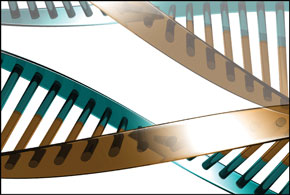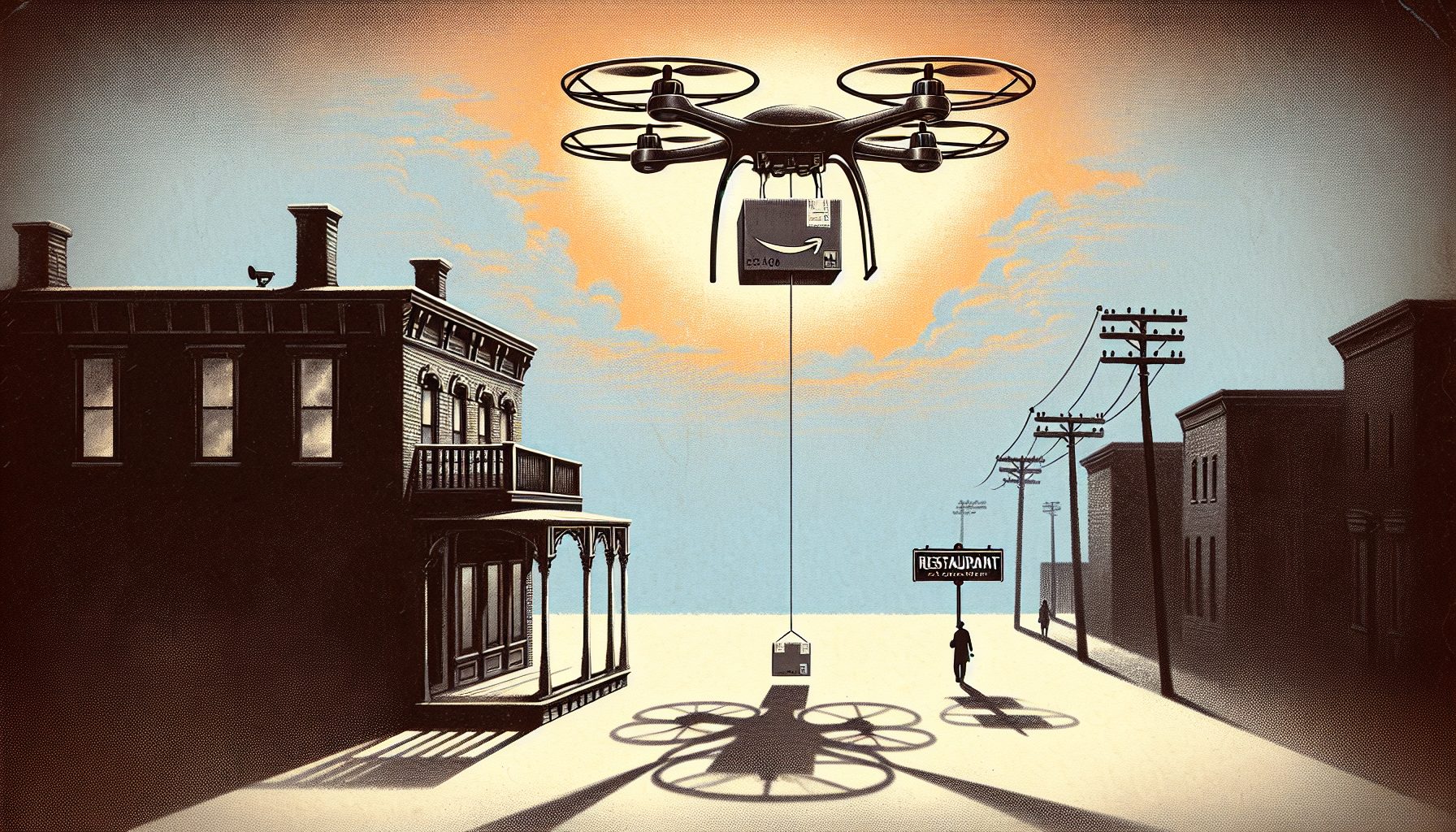Though IBM’s Watson is famous for beating world chess champion Garry Kasparov and Jeopardy! champions Ken Jennings and Brad Rutter, the cognitive computing system is now battling a much larger and far more significant adversary: brain cancer.
The New York Genome Center (NYGC), a nonprofit biomedical organization, and IBM announced a collaboration to test a Watson prototype that’s designed for genomic research. The goal is to provide more personalized treatments for people with glioblastoma (malignant brain cancer) based on their specific cancer mutations. The trial will start with 20 patients from nine medical institutions.
“This is a very important collaboration,” Dr. Robert Darnell, NYGC’s CEO, president and scientific director, said at the announcement event in the organization’s New York City facility. “It Is going to revolutionize genomics and accelerate the opportunity to improve outcomes for patients with deadly diseases by providing personalized treatment.”
These personalized treatments require correlating massive amounts of data from a patient’s genomic sequencing with millions of medical journals and studies, as well as clinical records. It takes weeks for physicians and scientists to do this research manually, and that process is not scalable. In contrast, Watson, which is cloud-based, can access and analyze genetic data and millions of medical documents in minutes.
There are three stages involved in this process, according to Steve Harvey, IBM global technology and analytics leader. Simply put, these very complex and time-consuming efforts involve sequencing the genome, comparing differences between normal cells and cancer cells, and finding the driver mutations that cause cancer. “Watson can quickly identify the driver mutations,” Harvey said, “and then search all existing medical literature to find potential drugs to treat those specific mutations.”
“Watson is not biased in terms of the information it ingests,” added Dr. John Kelly , director of IBM Research. “But it does learn which sources it can trust.”
The treatment information is given to a board of physicians and scientists so that, with the patient’s agreement, they can approve and personalize the drug treatment for the individual’s mutations.
Watson learns as new information is fed into it, Darnell explained. In fact, it has learned about health care and medicine over the past two years as it received “training” on medical records at Memorial Sloan Kettering Cancer Center, one of the founding institutions of the NYGC. Now Watson is learning the genomic aspect of disease.
“There is currently no effective treatment for glioblastoma, so it’s urgent to find something that works,” said Toby Bloom, deputy science director of bio informatics at NYGC. “The good news is that we won’t have to wait years to see the impact of the Watson initiative. We should see the results relatively quickly. And, if it succeeds, we will move on to other cancers.”
“This approach will have a tremendous impact on the treatment of cancer,” IBM’s Kelly predicted. “It’s not a matter of if it works. It’s a matter of when—and I think that will be very soon.”









